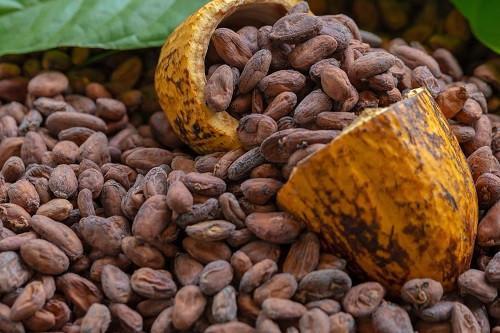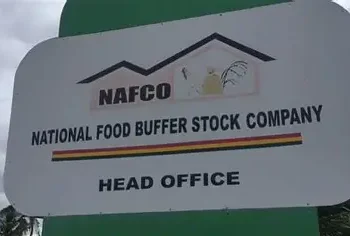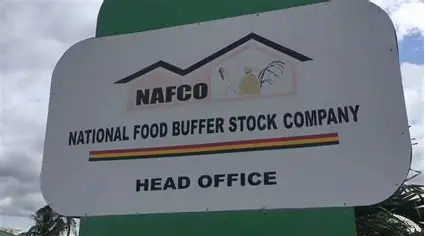The Ghana Cocoa Board (COCOBOD) has taken a decisive step toward restoring financial stability with the successful settlement of GH¢2 billion in coupon payments to investors of its restructured cocoa bills.
This milestone follows the Domestic Debt Exchange Programme (DDEP), under which cocoa bills were converted into bonds, a move that largely impacted commercial banks. The restructuring was seen as a tough but necessary measure to ease pressure on government and institutional finances.
With this settlement, COCOBOD has sent a strong signal to the market about its commitment to honoring obligations, even in the wake of the complex debt restructuring exercise. Sources close to the Board indicate that additional coupon payments amounting to GH¢1.9 billion, due in 2026 and 2027, as well as the principal, will also be honored as scheduled.
The new arrangement was facilitated by local banks who acted as transaction advisors, guiding COCOBOD through the restructuring process. Their role was critical in balancing the interests of the cocoa regulator and investors, ensuring a framework that would sustain future obligations. Analysts believe this collaboration could open doors for stronger partnerships between the Board and the banking sector, especially in structuring future financing deals.
Cleaning Up the Books
Over the past few months, COCOBOD has actively pursued strategies to clean up its financial books. The institution, which plays a central role in Ghana’s cocoa industry, has been working to settle outstanding debts while positioning itself to strengthen cocoa purchases. Officials confirm that these steps are already yielding positive outcomes, especially in reducing debt owed to suppliers and restoring confidence among stakeholders.
Dr. Randy Abbey, Chief Executive of COCOBOD, has emphasized his administration’s commitment to placing the institution on solid financial footing. He noted that the GH¢2bn settlement is not just a financial transaction but also a statement of intent to rebuild trust with partners, farmers, and investors alike.
Impact on Investor Confidence
Market analysts are upbeat about the impact of COCOBOD’s move on investor confidence. By successfully restructuring and settling the coupon payments, the Board has improved its creditworthiness and enhanced its chances of securing new funding on more favorable terms. This development is particularly important as Ghana seeks to maintain its position as one of the world’s top cocoa exporters in the face of stiff competition and volatile global commodity markets.
Experts also highlight that timely coupon settlements help reduce the risk premium on Ghanaian bonds, thereby lowering borrowing costs for both COCOBOD and the wider economy.
Fresh $4bn Pre-Financing Deal in Sight
Meanwhile, the prospects are promising. Bank of Ghana Governor, Dr. Johnson Asiama, has disclosed that COCOBOD is expecting over $4 billion in inflows from buyers under a new pre-financing arrangement. This facility, which has been a traditional mechanism for cocoa purchases, is expected to support the upcoming crop season.
If successfully executed, the pre-financing deal could significantly strengthen Ghana’s international reserves while helping to stabilize the cedi. It also provides COCOBOD with the liquidity needed to ensure timely payments to cocoa farmers, thereby safeguarding farmer incomes and sustaining cocoa production.
The combined effect of the GH¢2bn coupon payment and the anticipated $4bn inflows underscores COCOBOD’s determination to reposition itself as a financially resilient institution. Beyond debt settlements, these moves aim to restore credibility, attract investor interest, and sustain cocoa purchases for years to come.
For cocoa farmers, this financial rebound holds the promise of a more reliable payment system, reduced uncertainty, and a stronger domestic market environment. For the broader Ghanaian economy, it signals improved fiscal management and enhanced export competitiveness.
COCOBOD’s settlement of GH¢2 billion in coupon payments marks a turning point in its financial journey. With investor confidence on the rise and a $4 billion pre-financing deal on the horizon, the Board is setting the stage for a stronger, more stable cocoa sector.



















